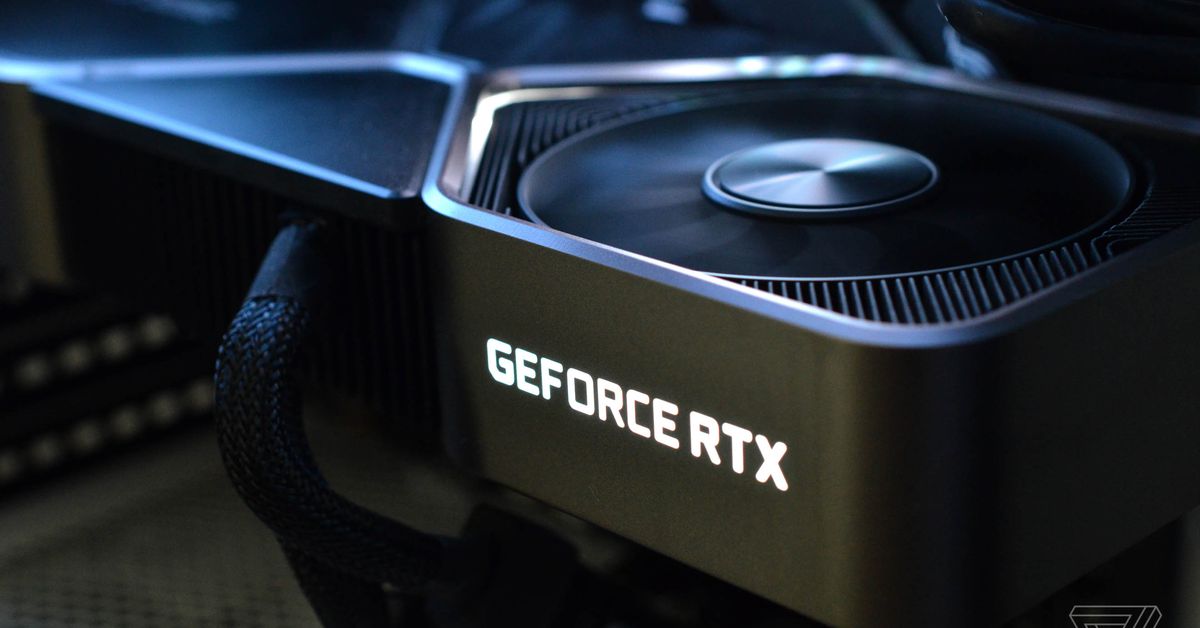
Following multiple reports of third-party Nvidia RTX 3080 cards crashing, PC builders are now trying to figure out how many capacitors are in their new GPU.
That’s right: capacitors. On Friday, concerned buyers stumbled upon one theory for the crashes: a site called Igor’s Lab speculated that Nvidia’s partners were cheaping out on the capacitors used in their third-party RTX 3080s. And over the weekend, that theory spread: numerous outlets cited Igor’s Lab to publish headlines like “NVIDIA GeForce RTX 3080 Stability Woes Traced To Cheap Capacitors” and “Capacitor issues are causing RTX 3080/3090 crashes.”
A day later, it appeared there might actually be some evidence that capacitors could have caused the cards to crash. EVGA weighed in on the RTX 3080 capacitor controversy on Saturday, citing its own issues with the capacitor layout it originally used in its RTX 3080 cards, although the company claims it never shipped the original layout to customers. In that note, EVGA explained that while a design with six POSCAPs “cannot pass the real world applications testing,” it later tried a design with four POSCAPs and 20 MLCC caps that worked better.
As Tom’s Hardware explains, there are typically two types of capacitors found underneath a modern GPU’s chip: MLCC and POSCAPS. Both capacitors reportedly have pros and cons; MLCC is smaller but performs better at higher clock speeds. POSCAPS are larger but are not as good when running at high clock speeds.
At this point, we don’t actually know whether capacitors are causing these crashes, but the demand has certainly gotten the industry to respond: MSI, Gigabyte, and Zotac have all issued statements claiming the capacitors are not the problem, and that new Nvidia drivers can address any stability issues in the cards. That’s Nvidia’s position too, and it released a new driver today to address stability issues with the RTX 30 GPU line.
PC World reports one of its cards that was previously crashing doesn’t do it after the update. The outlet had a pre-production EVGA GeForce RTX 3080 FTW3 for review, which had the original capacitors instead of the ones shipped out to retailers. PC World notes that there’s a tradeoff: the update “slightly limits” the top clock speed on the GPU boost.
https://www.theverge.com/2020/9/29/21493946/nvidia-rtx-3080-capacitors-crashing-issues

